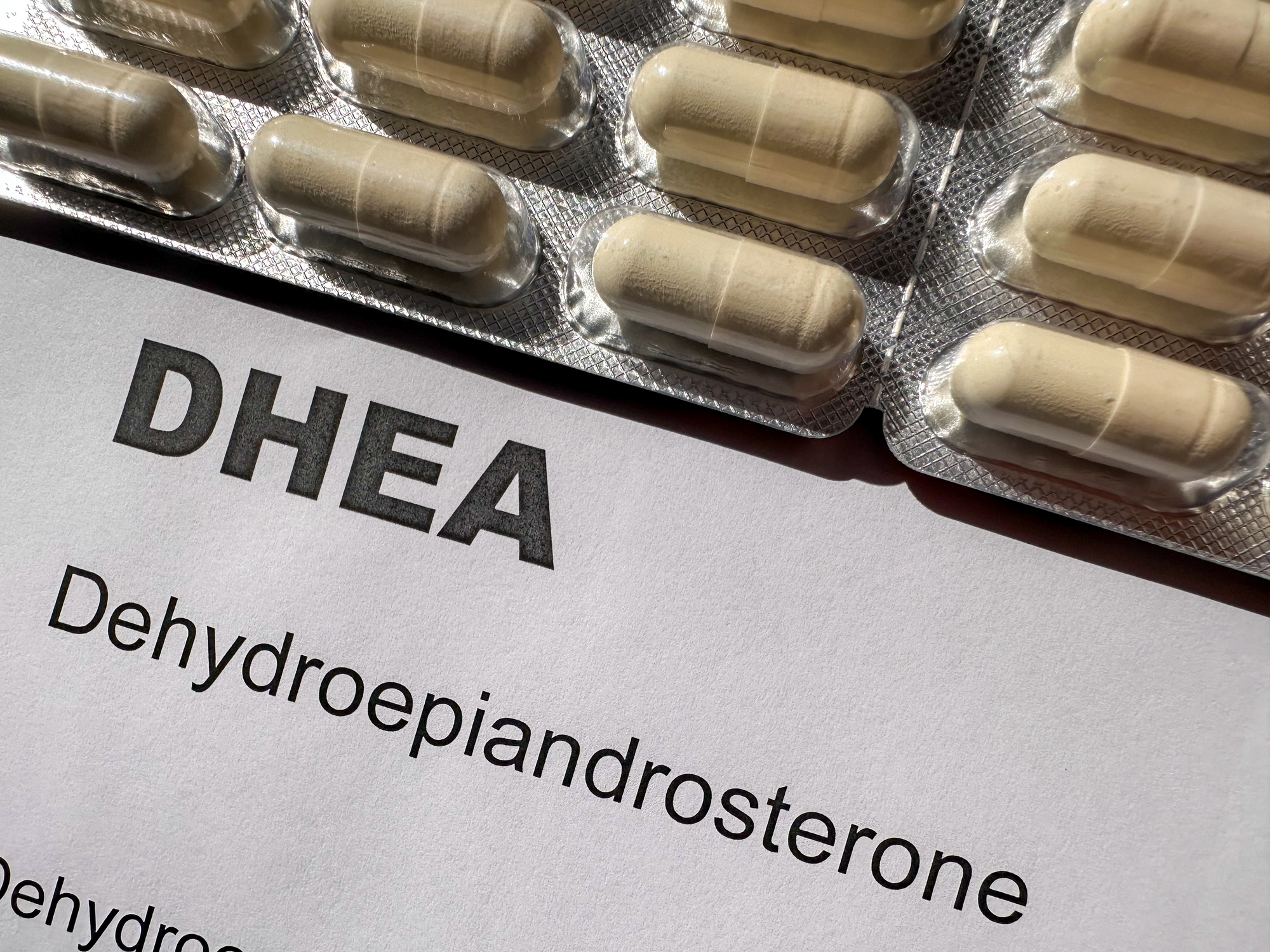A new genetic study suggests that higher levels of the hormone dehydroepiandrosterone sulfate (DHEA-s) are associated with a shorter lifespan in men, but show no significant effect on the lifespan of women.
The research, led by CUNY SPH Professor Mary Schooling, used a Mendelian randomization approach, leveraging genetic data from large European cohorts to minimize confounding factors.
“Gold standard” evidence, i.e., from randomized controlled trials, about the effects of DHEA supplements on blood pressure or lifespan is very limited, with most of the evidence for blood pressure concerning women, and no evidence available for lifespan. To address this gap, Professor Schooling and Dr. Jie V. Zhao from the University of Hong Kong assessed how having genetically higher DHEA-s affected blood pressure and lifespan.
The researchers found genetically higher DHEA-s increased blood pressure and reduced lifespan in men, but not in women.
“Given that DHEA-s is a precursor of testosterone, our finding is consistent with a recent warning from the FDA that testosterone products may increase blood pressure in men,” says Schooling. “Our findings about DHEA-s also likely reducing lifespan in men raises questions about the labelling and availability of DHEA over the counter in the United States.”




